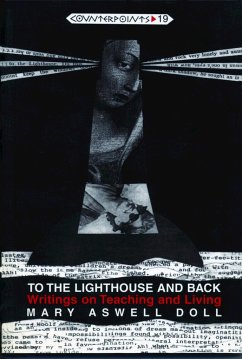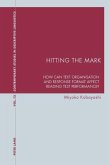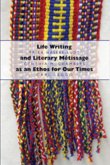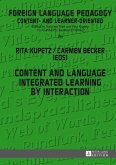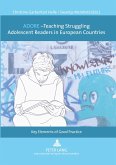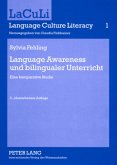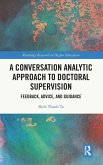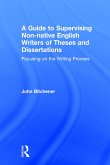The book's basic thesis is that learning, like living, is comedic. Comedy instructs through metaphor - seeing likeness between opposites - and in reading everything as text. The book thereby revisions education as Comedy. It suggests that the subjects of all assignments must connect with the subjective reader. Accordingly, it includes student writings, personal memoirs, dreams, poems, myths, journals, and artwork - as well as critiques of mainstream writing and teaching. From classwork with Virginia Woolf, Eudora Welty, and Flannery O'Connor, assignments are offered to prod students into awareness of their deeper selves, their others, nature, and the divine.
"Take time to sit with this book, to read and to explore interwoven themes that appear and reappear throughout Mary Doll's excursions into her life as teacher, mother, daughter, wife, sister. Sit with this book and savor the complexities of Mary Doll's thinking and pedagogy, informed as they are by Jungian, feminist, and literary perspectives. And if you turn toward those complexities, as Mary Doll does, you will find implications for your own teaching and learning practices that exceed the limits of this book's boundaries and your own imagination." (Janet L. Miller, National-Louis University, National College of Education)
"Mary Doll's 'Lighthouse' is a veritable beacon. It guides the reader through the shoals of education, family, work and culture by drawing from a most remarkable breadth of resources, but not without confronting the difficulty of the voyage by successfully and happily challenging conventional opinions. The book is a moving and personal account whose depth of seriousness is, at the same time, playful, humorous and soulful throughout. The chapter on 'Teaching as an Erotic Art' is worth the price of the book." (David L. Miller, Watson-Ledden Professor of Religions, Syracuse University)
"Mary Doll's 'Lighthouse' is a veritable beacon. It guides the reader through the shoals of education, family, work and culture by drawing from a most remarkable breadth of resources, but not without confronting the difficulty of the voyage by successfully and happily challenging conventional opinions. The book is a moving and personal account whose depth of seriousness is, at the same time, playful, humorous and soulful throughout. The chapter on 'Teaching as an Erotic Art' is worth the price of the book." (David L. Miller, Watson-Ledden Professor of Religions, Syracuse University)

